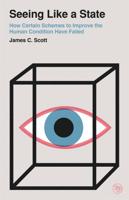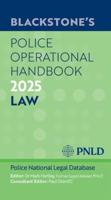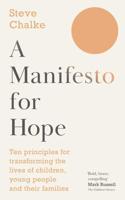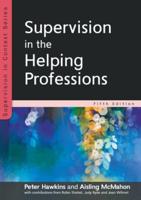Publisher's Synopsis
This book develops a comprehensive framework for ethics in the helping professions based on bioethicist Bernard Gert's theory of common morality. The prevailing model of ethics education is built upon adherence to codes of ethics applied largely through the use of decision-making trees. While a firm understanding of a professions code of ethics and all relevant laws is essential to responsible practice, this approach to teaching ethics excludes the opportunity for students to acquire a holistic, and grounded understanding of moral action. The framework proposed in this text moves beyond codes of ethics, and allows students to develop a cohesive sense of ethical reasoning that both validates their moral intuition and challenges moral assumptions. The theory of a common morality uses a systematic, step-by-step approach that readers and practitioners can apply to all questions of moral action and behavior. While there is no such thing as a single right answer to any ethical question, by following this approach practitioners can confidently eliminate the bad decisions, allowing them to feel more secure in their decision and practice.











